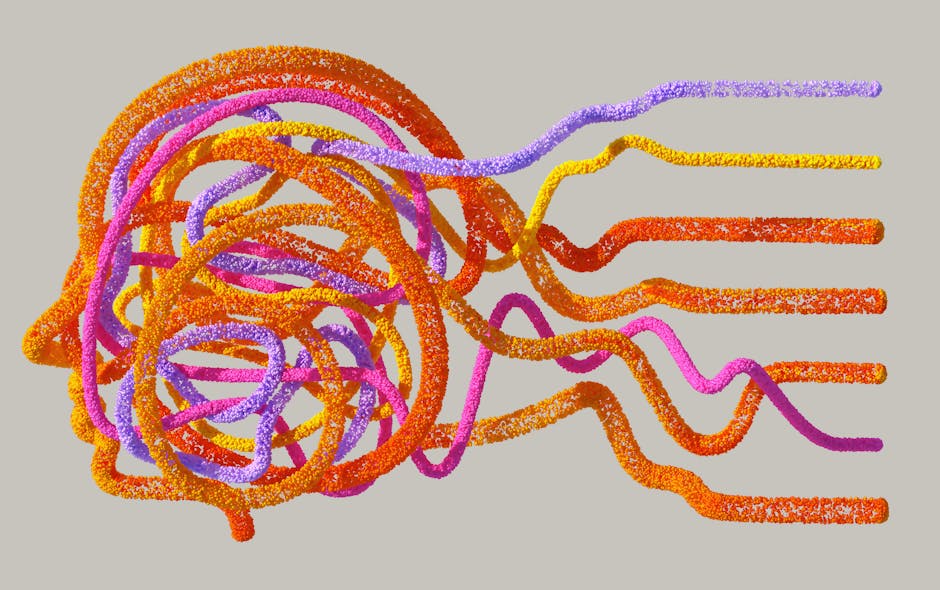Tech Bros and the Dangerous Pursuit of Cognitive Enhancement
In the high-pressure, fast-paced world of Silicon Valley, where innovation and productivity reign supreme, a disturbing trend has come to light: tech professionals are unintentionally poisoning themselves with severe brain toxins. From reckless biohacking experiments to the unregulated use of nootropics, the quest for cognitive enhancement has taken a dangerous turn, leaving many grappling with serious health risks.
The Rise of Biohacking and Nootropics
The tech industry’s obsession with optimization has long extended beyond algorithms and code. Biohacking—the practice of using science and technology to enhance the human body—has gained immense popularity among Silicon Valley elites. Nootropics, or “smart drugs,” have become a cornerstone of this movement, promising improved focus, memory, and mental clarity. However, the lack of regulation and oversight has led to alarming outcomes.
Tech professionals are turning to unproven supplements, experimental drugs, and DIY chemical concoctions in their pursuit of peak performance. What started as a fringe movement has gone mainstream, with online forums and social media influencers promoting untested substances as miracle solutions. Unfortunately, the long-term effects of these practices are only now coming to light.
The Hidden Dangers of Nootropics and Biohacking
Recent studies and medical reports reveal that many nootropics and biohacking experiments contain neurotoxins capable of causing severe brain damage. Substances like heavy metals, unregulated synthetic compounds, and improperly processed herbal extracts have been found in popular “cognitive enhancers.” Over time, these toxins can accumulate in the body, leading to memory loss, cognitive decline, and even irreversible neurological damage.
One alarming case involved a group of tech workers who developed symptoms of heavy metal poisoning after consuming a widely marketed nootropic powder. Lab tests later revealed dangerously high levels of lead and mercury in the product. Similarly, self-administered injections of experimental peptides—often sourced from unverified suppliers—have led to severe allergic reactions and neurological complications.
The Culture of Risk-Taking in Tech
The tech industry’s culture of risk-taking and disruption has fueled this crisis. Many professionals view their bodies as “hackable systems,” akin to software that can be optimized with the right inputs. This mindset, combined with the pressure to perform at superhuman levels, has normalized dangerous practices.
The lack of clear regulatory frameworks for nootropics and biohacking products has created a Wild West scenario. Companies and individuals are free to market and consume untested substances with little to no accountability, leaving consumers vulnerable to misleading claims and harmful side effects.
A Wake-Up Call for the Tech Industry
As the health risks become impossible to ignore, there is a growing call for greater awareness and regulation in the biohacking and nootropics industry. Medical professionals are urging tech workers to prioritize safety over shortcuts, emphasizing evidence-based approaches to cognitive enhancement.
Tech leaders are also speaking out against reckless practices. “We need to treat our bodies with the same respect we give our technology,” said one prominent entrepreneur. “There are no quick fixes when it comes to health.”
Moving Forward: Prioritizing Safety Over Shortcuts
The tech industry’s pursuit of innovation has always been driven by bold ideas and experimentation. However, this crisis serves as a stark reminder that some boundaries should not be crossed. As the conversation around biohacking and nootropics evolves, individuals, companies, and regulators must work together to ensure that the quest for cognitive enhancement does not come at the cost of long-term health.
The brain is not a machine, and treating it like one can have dire consequences. Tech professionals must prioritize safety and science over the allure of quick fixes. The future of innovation depends not just on brilliant minds, but on healthy ones as well.




